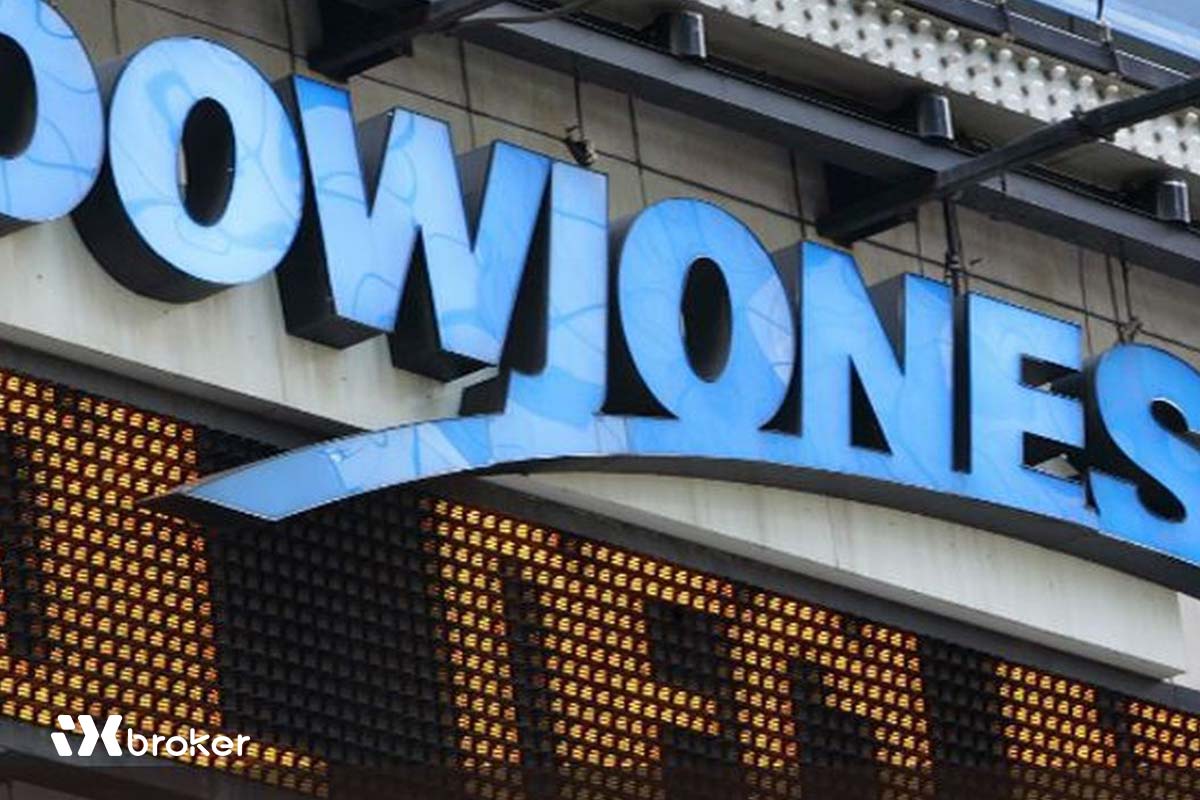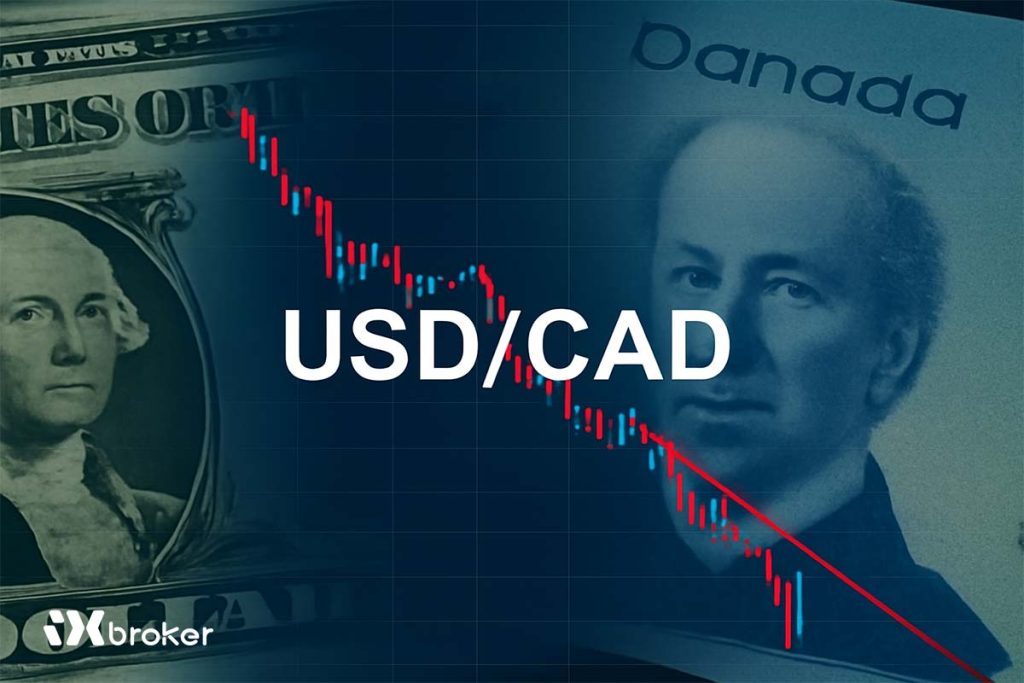The Dow Jones Industrial Average (DJIA) tumbled sharply on Friday, plunging to its lowest level in nearly three weeks and shedding more than 1,000 points from peak to trough after US President Donald Trump announced he was canceling upcoming trade talks with Chinese President Xi Jinping.
Trump also vowed to impose steep new tariffs on all Chinese imports, accusing Beijing of “holding the rest of the world hostage” through its control of rare earth materials.
Market optimism erased by renewed trade war rhetoric
The prospect of any near-term easing in trade tensions between the United States and China evaporated following Trump’s remarks, which reignited fears of a full-scale trade war between the world’s two largest economies.
Investors swiftly fled risk assets, with major US indices suffering broad-based losses while safe-haven assets such as gold and US Treasuries drew fresh inflows. The announcement capped off an already turbulent week for equities, as uncertainty surrounding global trade and the ongoing US government shutdown weighed on sentiment.
China’s critical minerals policy escalates tensions
Earlier this week, China tightened its export policies on critical minerals by introducing new licensing requirements for foreign companies shipping rare earth materials abroad. The move was widely interpreted as a strategic countermeasure amid the broader trade dispute.
Trump’s retaliatory comments—delivered through a social media post—revived memories of previous tariff escalations that rattled financial markets throughout the year. The renewed rhetoric sparked heavy volatility across sectors sensitive to global supply chains, particularly in manufacturing, technology, and industrials.
Economic data offers limited relief
On the data front, the University of Michigan’s October Consumer Sentiment Index fell less than anticipated, providing a modest lift to an otherwise risk-off trading session. The survey’s one-year inflation expectations eased slightly to 4.6% from 4.7%, though the five-year outlook remained elevated at 3.7%, highlighting persistent inflation concerns among US consumers.
Overall, the DJIA’s sharp drop reflects growing investor unease over trade policy unpredictability and the potential economic fallout of renewed US–China hostilities—an unwelcome development at a time when global growth momentum remains fragile.



